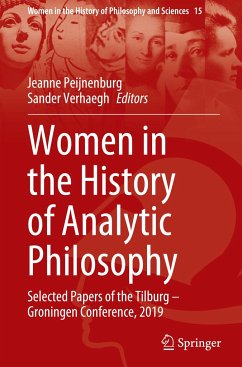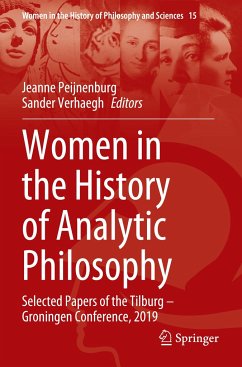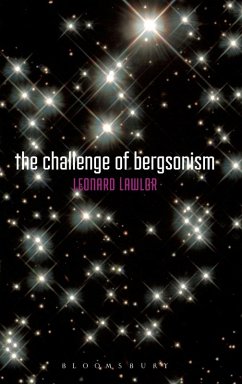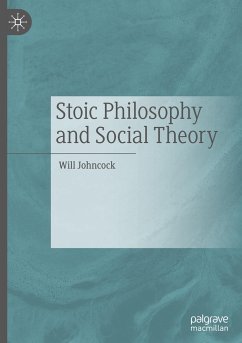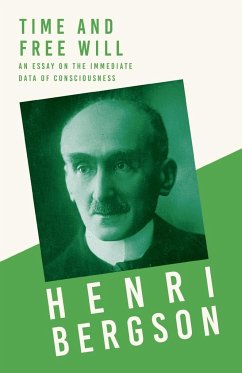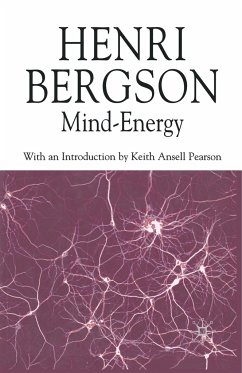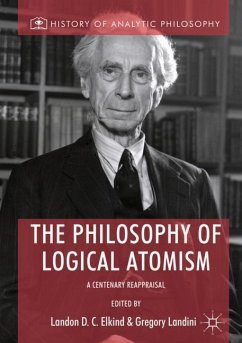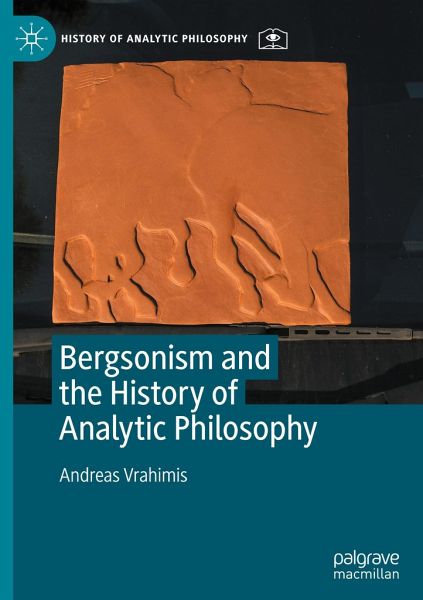
Bergsonism and the History of Analytic Philosophy
Versandkostenfrei!
Versandfertig in 6-10 Tagen
91,99 €
inkl. MwSt.
Weitere Ausgaben:

PAYBACK Punkte
46 °P sammeln!
During the first quarter of the twentieth century, the French philosopher Henri Bergson became an international celebrity, profoundly influencing contemporary intellectual and artistic currents. While Bergsonism was fashionable, L. Susan Stebbing, Bertrand Russell, Moritz Schlick, and Rudolf Carnap launched different critical attacks against some of Bergson's views. This book examines this series of critical responses to Bergsonism early in the history of analytic philosophy. Analytic criticisms of Bergsonism were influenced by William James, who saw Bergson as an 'anti-intellectualist' ally o...
During the first quarter of the twentieth century, the French philosopher Henri Bergson became an international celebrity, profoundly influencing contemporary intellectual and artistic currents. While Bergsonism was fashionable, L. Susan Stebbing, Bertrand Russell, Moritz Schlick, and Rudolf Carnap launched different critical attacks against some of Bergson's views. This book examines this series of critical responses to Bergsonism early in the history of analytic philosophy. Analytic criticisms of Bergsonism were influenced by William James, who saw Bergson as an 'anti-intellectualist' ally of American Pragmatism, and Max Scheler, who saw him as a prophet of Lebensphilosophie. Some of the main analytic objections to Bergson are answered in the work of Karin Costelloe-Stephen. Analytic anti-Bergsonism accompanied the earlier refutations of idealism by Russell and Moore, and later influenced the Vienna Circle's critique of metaphysics. It eventually contributed to the formation of the view that 'analytic' philosophy is divided from its 'continental' counterpart.





